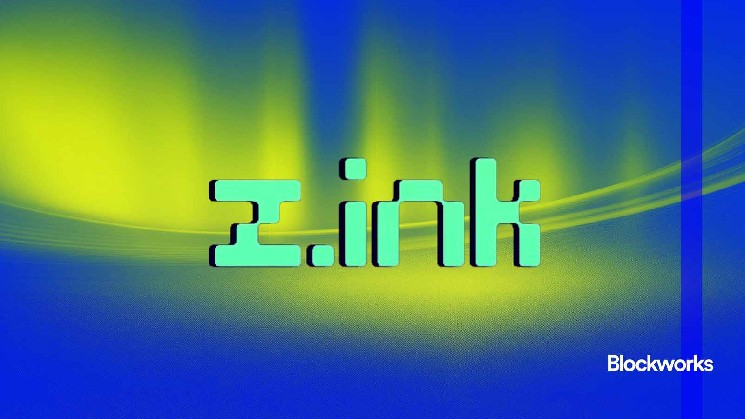This is a segment from The Drop newsletter. To read full editions, subscribe.
Blockchain devs are increasingly centering their new products around user accounts and identities — and are launching their own chains as a result.
Zink, an SVM L1 from ATMTA, is the latest new blockchain to join the trend. ATMTA is the studio behind the in-development space exploration game Star Atlas, which for years was expected to use Solana’s mainnet for all its crypto elements.
But that now appears to be changing. While some die-hard Solana fans might see the move as a shakeup, those unfazed by this reveal might argue Star Atlas making its own chain was inevitable for scalability, anyway.
Zink uses zero-knowledge proofs to power features like “zProfiles,” which will give users a central identity with “global permission settings” that can automate transactions and connect and apply to multiple apps, according to a statement.
ATMTA founder and CEO Michael Wagner told me via email that Zink is intended to be a “generalist consumer blockchain” long term, but that initially the studio is looking to bring other crypto gaming studios onboard to use the Zink chain.
“Zink will start as a largely centralized and permissioned blockchain. We do anticipate a validator set that includes several external parties on mainnet launch; large validators from Solana. But generally, ATMTA wants to control how the L1 matures in the early phases, and prioritize performance for Star Atlas,” Wagner explained.
Loading Tweet..
“However, we have a roadmap that ultimately leads to going open access and permissionless. I would anticipate we achieve that within 18-24 months, though expect greater degrees of decentralization over time in a more iterative fashion,” he added.
The studio has slated Zink for a December mainnet launch.
As with most blockchains, Zink’s native token of the same name will be used for staking, consensus and community incentives.

